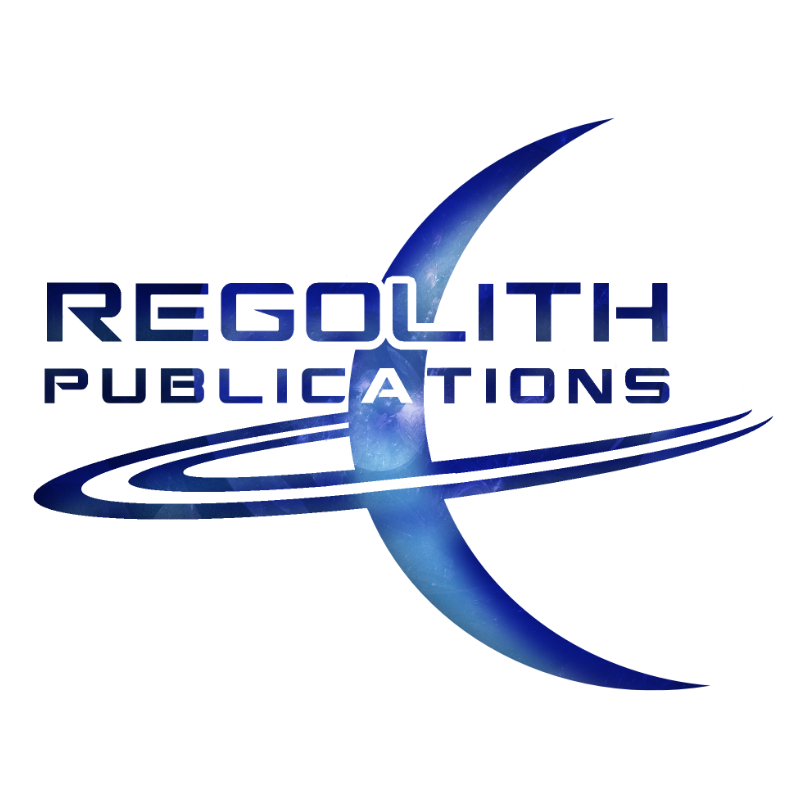|
Whether you are writing fiction or non-fiction, research is of key importance.
I was recently told that one of the reason today's glut of zombie fiction isn't very good is because the writers do not research their subject matter. The critic informed, "Google isn't good enough." Well, yes and no. Google is a good place to start researching, but I wouldn't end it there. I agree, however, that many works of fiction aren't that well researched. Over the past decade my written work has mostly been non-fiction essays ranging from science, to philosophy, and religion. I have written professionally for movie review sites and guest articles on philosophy blogs. It was only last year that I branched out into fiction with my debut novel Bitten: A Resurrection Thriller. But the thing I took away with me from my non-fiction writing experience was the need to do thorough research. And by thorough, I don't mean exhaustive, I mean solid. Let me explain. I was recently told by a writer that if you are writing a story with guns, you need to go hands on, and go train with real live guns. Only then will you be able to write about guns well. I am inclined to disagree. I have found that buying a manual on how guns work suffices for everything you need to know about them in terms of description. I don't actually think you need to fire a gun to write about how a gun fires, in the same way I don't think you need to experience getting shot to write about a character being shot. But I do think one should try to get the terminology right. That said, a good story isn't about the props, it's not about the guns, it's about the characters. Always. If there is one thing as a writer I would like to drill into aspiring writer's heads... it's this... characters are what drive the story. If you don't have engaging characters, sorry to say, readers won't find any worthy reason to keep reading your works. As for technical details, there will always be certain readers who will nitpick and who'll put an otherwise excellent book down just because a person confused the type of ammunition a shotgun fires for the specific scene in the story. Was it 'shot' or was it a 'slug'? Oh my God! The writer got it wrong. So now I hate this book. Well, I guess if the characters aren't engaging enough then, yeah, things like that will stand out like a sore thumb. Personally, minor technical errors aren't that big of a deal for me. As long as there is decent character development, and the story is solid, then I find, at least in my experience, readers tend to be more or less forgiving. All this is just to say, you still ought to do your research. Research is important because it could help give your story that realism and believability needed that puts it a cut above the rest, and those pickier readers will naturally be happier when you get your terms right. One of my test readers, who is well trained in firearms, once gave me some excellent advice. He said, "Take out any and all references to the type of gun being fired unless it serves a specific plot point." In other words, don't mention the type of gun it is. Because, simply put, the name, caliber, or make of the gun isn't what's driving the story. Basically, the advice is, don't include the whole of your research in the actual novel. Getting bogged down in technical description for an entire page will kill the novel dead. Charles Dickens was the only one who ever got away with it, and that's because he could paint with words. If that's not your main skill, then I would suggest maybe not using to much technical jargon. Just have it on hand so that you might utilize it when absolutely needed so that your writing is solid. Which brings me to another kind of research. Being technically accurate is just one type of research. Knowing how to write good dialog, interweave intricate plot lines, and create intriguing story arcs is another kind of research entirely. And this research can only be done by, if you haven't guessed, reading good books. Writers who don't read rarely ever write well. Have you ever wondered why scientists make the best science fiction writers? Because they have already done all their research. The rest boils down to structuring a solid plot with well written characters and character motivations. Anyone can learn to write, and learn to write well, as writing is a skill. But the real magic lies in how well you apply what you have learned once you've done your research. And I find that certain people can use all the tools of the trade, while others, get good at certain things and try to focus on the good. In the end, it's best to do what you're good at, but don't forget to practice the other areas as well, and always remember to do your research!
0 Comments
Leave a Reply. |
Tristan VickBy day I am an educator and a cultural ambassador. By night I entertain notions of being a literary master. In reality I am just a family man and ordinary guy who works hard and loves writing just about as much as I love my family. Just about. AVAILABLE NOWNEWSLETTER
|
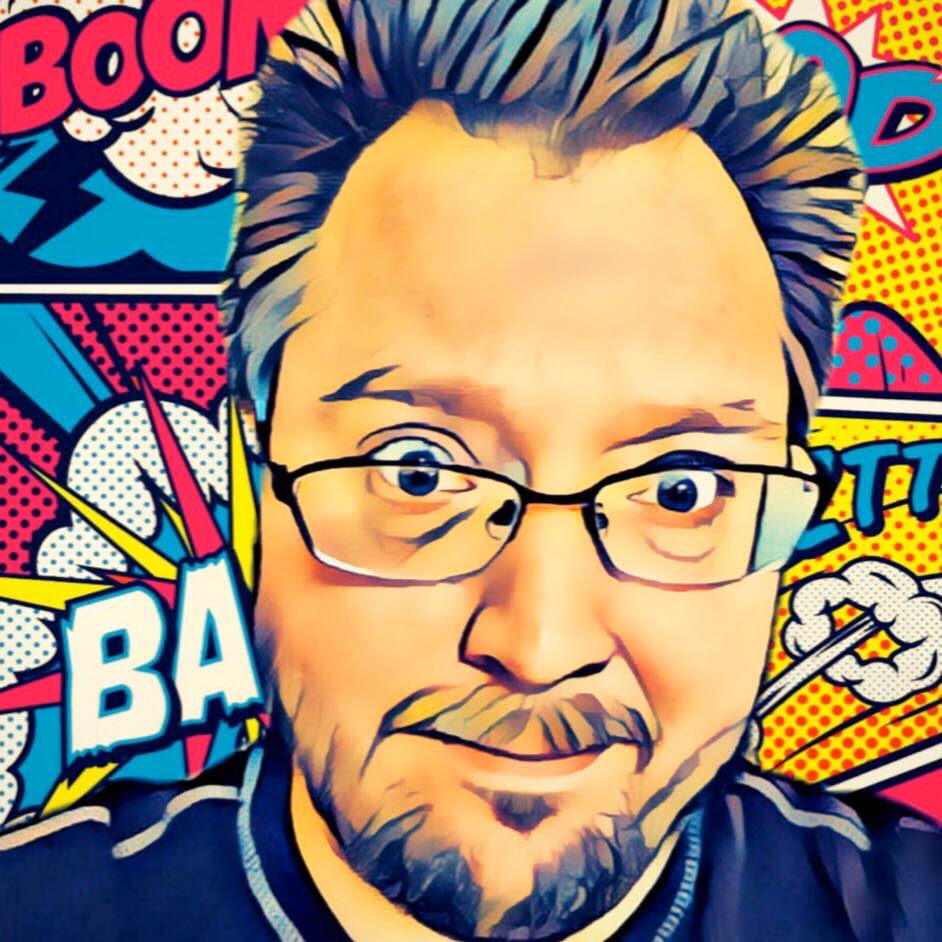

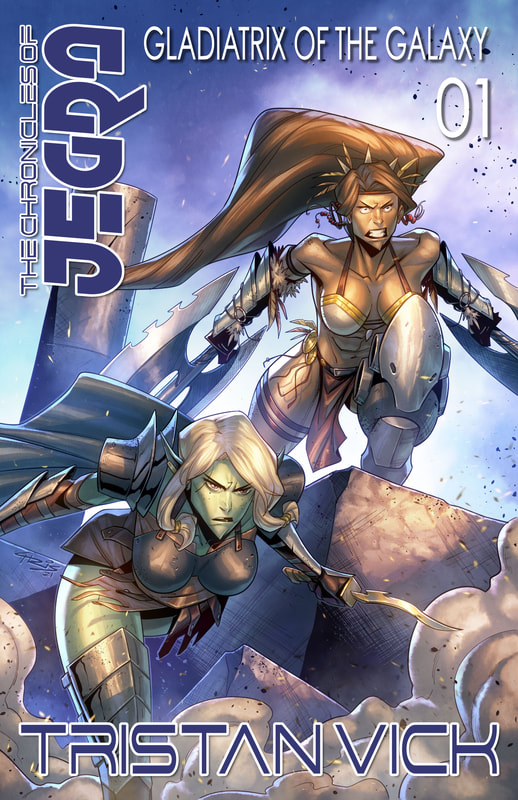
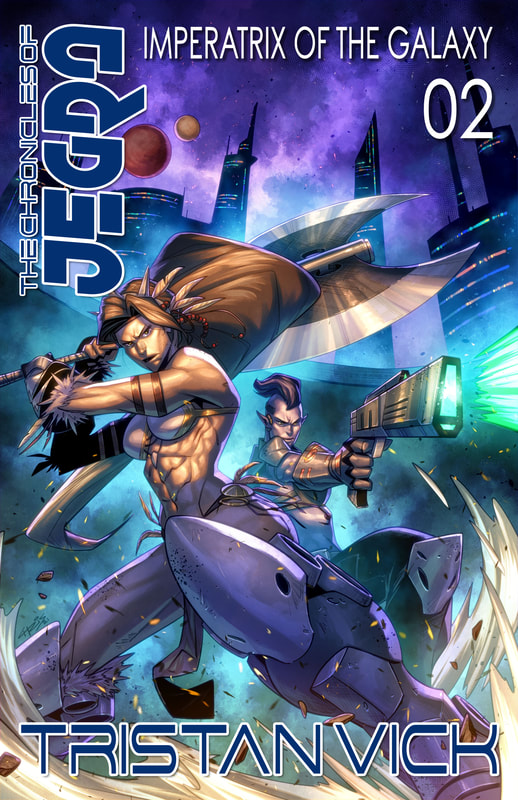
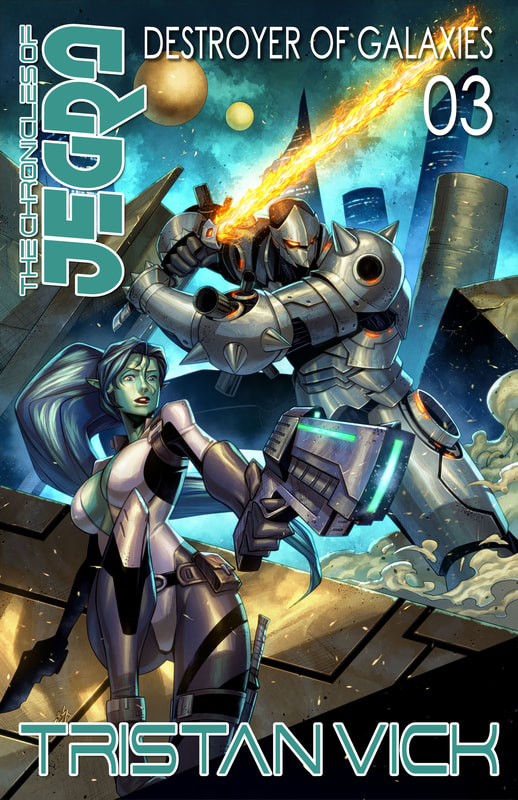
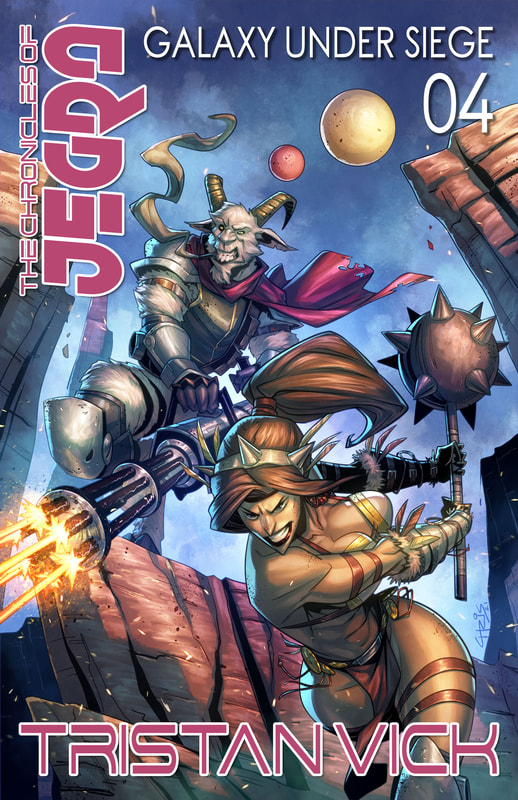
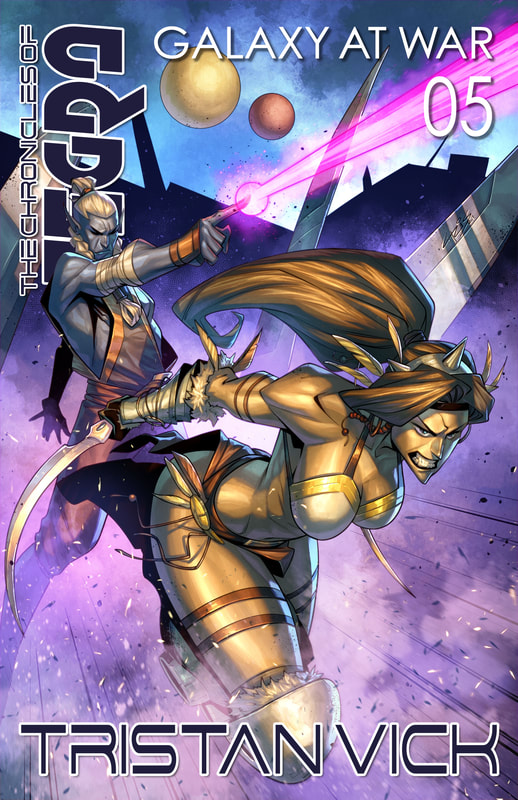
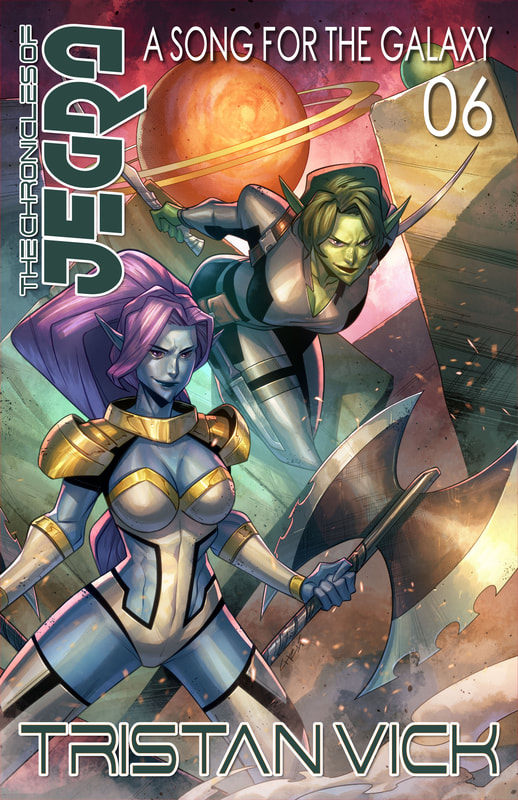
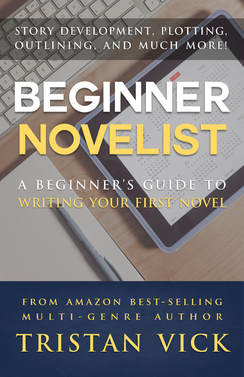
 RSS Feed
RSS Feed
